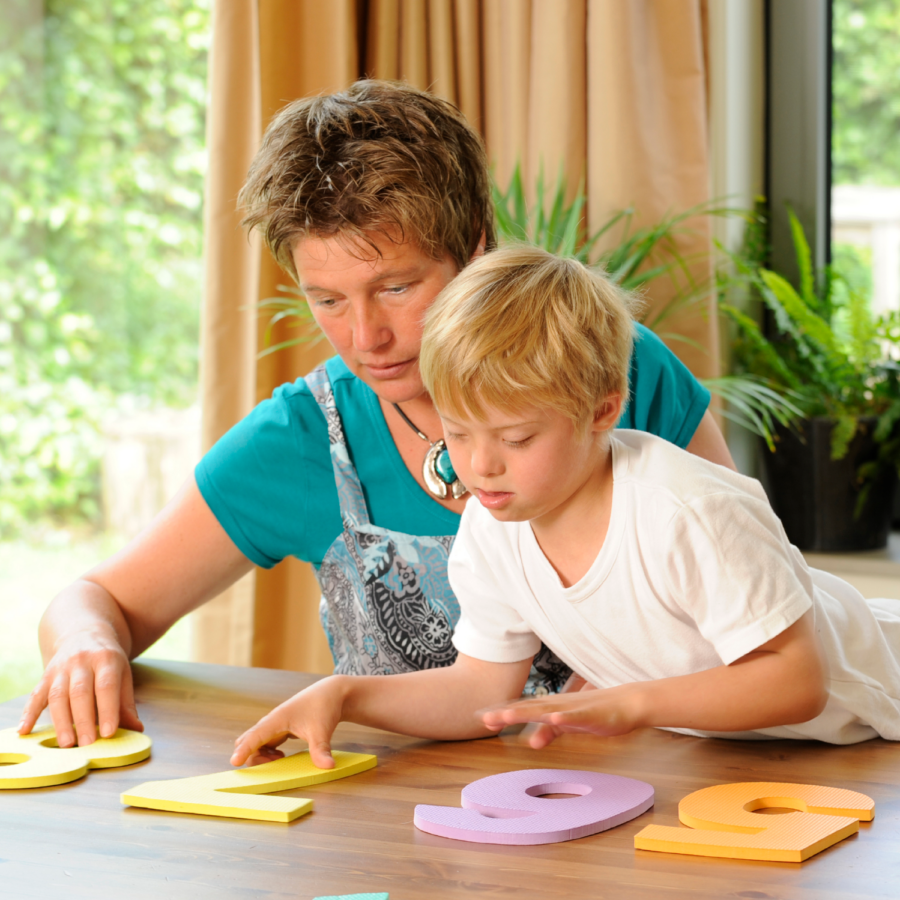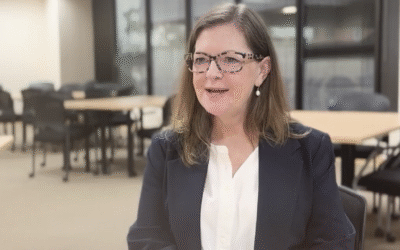Becoming a foster parent is a big step to take, and there’s a lot to consider before welcoming a child into your home.
Personally, as a foster parent briefly in college and medical school, and professionally, as a pediatrician, I have seen firsthand the unique role that foster parents can serve in the lives of children needing this care. Their care is so critical because it provides “a shelter in the storm” for the lives of children.
I do not profess to know the specific steps necessary in the process, so I would encourage you to visit Heartfelt Calling. It serves as the first point of contact for anyone in South Carolina wanting to start the process to become licensed as a foster home or approved to adopt with the state Department of Social Services.
Here are some important things to remember as you navigate this unique journey with compassion and care.
1. Every Child is Unique.
Children entering the foster care system all have troubling circumstances that have led to this need, yet each one is unique in their specific needs. Society tends to view the needs of foster children in a global, one-size-fits-all fashion, but this view is overall harmful to the children, in my estimation. We must invest the time and resources to serve the unique circumstances of each child or set of siblings.
2. Understand the Effects of Trauma.
One can expect some turbulent times with the behavior of foster children. We now know that the trauma experienced by children leading to foster care placement—physical abuse, emotional abuse, inadequate nurturing and more—will have a significant impact on the ability to handle stress.
3. Ask, “What Happened to You?” instead of “What’s Wrong with You?”
A minor issue like a dropped glass, a toe stepped on, or a raised voice might trigger a dramatic response that seems totally out of proportion to the circumstances. In that situation, the tendency is often to ask, “What is wrong with you?” when the more appropriate question would be, “What happened to you?” This latter question can help the lengthy process of tailoring care and interventions suitable for the child.
4. Be Compassionate to Your Foster Child’s Biological Parents.
I think our tendency as foster parents is to view the biological parents through a lens that highlights their faults. We should never lose sight of their humanity and be careful of our judgment, especially when our circumstances are vastly different.
5. Remain Understanding during Difficult Times.
The range of behaviors that foster children can exhibit are no different than non-foster children but can be accentuated at times. Withdrawal, tantrums, acting out, striking out and other expressions are usually related to learned behaviors or learning how to process stress in a way that helped them through uncomfortable situations. Our job is to be understanding as we help nurture them through exceedingly difficult times, now and in the years to come.
6. Check Your Expectations and Be Open.
Remember that being a foster parent is likely very different from raising your own children due to the foster child’s loss, trauma, guilt or neglect. Be prepared for a significant review process that is necessary to protect these vulnerable children. Being a foster parent is work, hard work, but so rewarding.
As of May 2025, 3,287 children live in foster care in South Carolina. So many children need assistance, and I love to see families willing to step in. What a blessing for you to consider a role in such a process. God be with you!
Dr. Bob Saul is a professor of pediatrics (emeritus) at Prisma Health in Greenville, South Carolina, and a former pediatrician who has been there for over 40 years. You can visit his website at mychildrenschildren.com.





